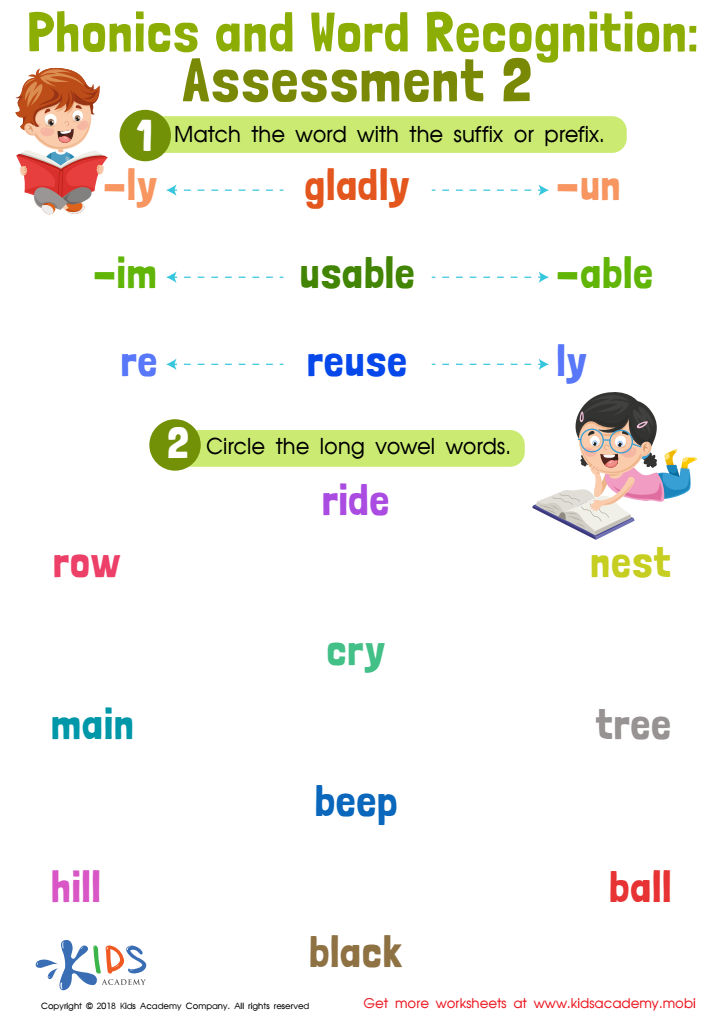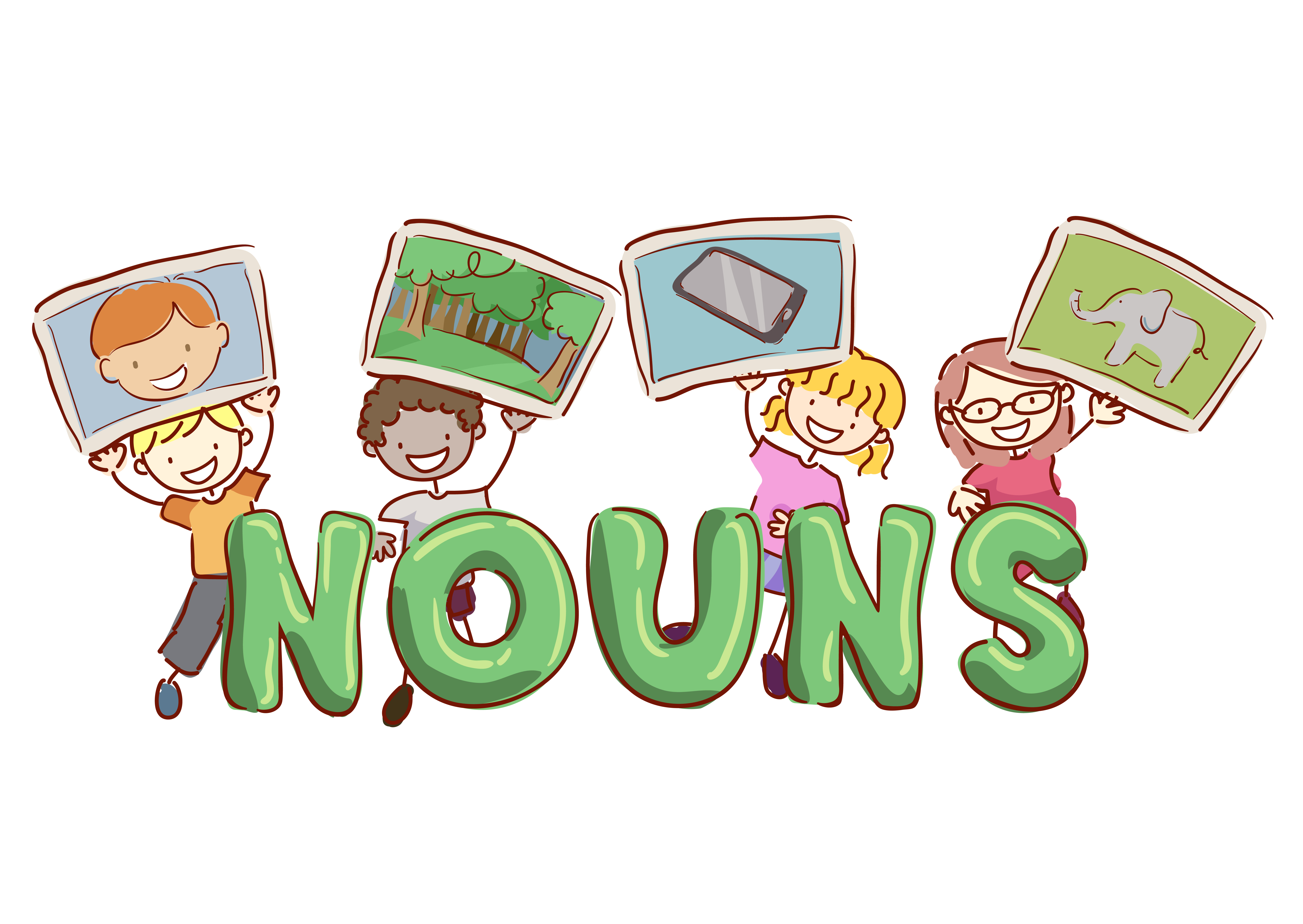Alphabet worksheets activities for 8-Year-Olds
5 filtered results
-
From - To
Explore and Learn with Our Alphabet Worksheets Activities!
Dive into the exciting world of letters with our vibrant collection of Alphabet Worksheets Activities! Designed to inspire and engage young minds, these activities offer a fun and interactive way to master the ABCs. Perfect for preschoolers and kindergarteners, our worksheets are crafted by educational experts to support letter recognition, phonics, and writing skills. From tracing exercises to matching games, each activity is tailored to make learning enjoyable and effective. Join the adventure of exploring the alphabet - your child's first step towards a lifelong love of reading and writing starts here!


Phonics and Word Recognition: Assessment 3 Worksheet


Phonics and Word Recognition: Assessment 1 Worksheet


Phonics and Word Recognition: Assessment 1 Worksheet


Phonics and Word Recognition: Assessment 2 Worksheet


Phonics and Word Recognition: Assessment 2
Alphabet worksheets activities serve as a fundamental tool in the early educational journey of children, providing a structured, engaging, and effective method for learning the alphabet. These activities are crafted to introduce young learners to the basics of reading and writing, laying a solid foundation for their future academic success and literacy skills. Let's delve into why alphabet worksheets activities are so beneficial.
First and foremost, alphabet worksheets activities are designed to enhance letter recognition, a critical skill for early readers. Through repetitively identifying and writing letters, children begin to differentiate between the shapes and sounds of each letter, an essential step towards reading fluently. These activities often incorporate both uppercase and lowercase letters, ensuring a comprehensive understanding of the alphabet in its entirety.
Moreover, alphabet worksheets activities foster fine motor skills development. As children trace and write letters, they are not only learning the alphabet but also improving their pencil grip and hand-eye coordination. This practice is vital for the development of writing skills, preparing them for more complex tasks such as writing words and sentences.
Additionally, these activities can be incredibly versatile, catering to the diverse learning styles and paces of different children. Whether through coloring, matching, tracing, or cutting and pasting, alphabet worksheets activities offer a variety of approaches to learning the alphabet, ensuring that every child finds a method that resonates with them. This versatility keeps the learning process engaging and fun, motivating children to explore and learn.
Engagement and enjoyment are crucial, as they transform learning from a tedious task into an enjoyable adventure. Alphabet worksheets activities often include playful elements like colorful illustrations and themes that capture children's imagination, making the learning process enjoyable and memorable.
In conclusion, alphabet worksheets activities are an invaluable resource in early education. By promoting letter recognition, enhancing fine motor skills, offering versatile learning methods, and ensuring engagement, they set the stage for a lifelong love of reading and learning.
 Assign to the classroom
Assign to the classroom











